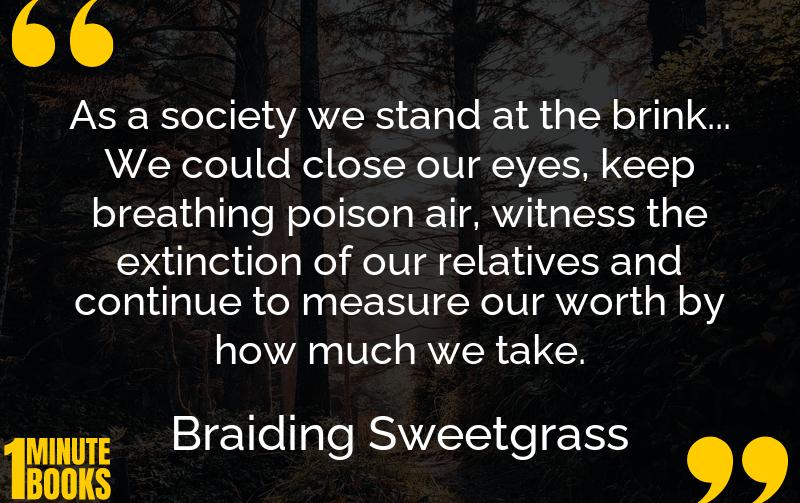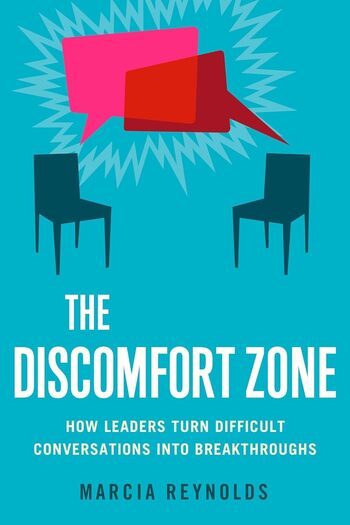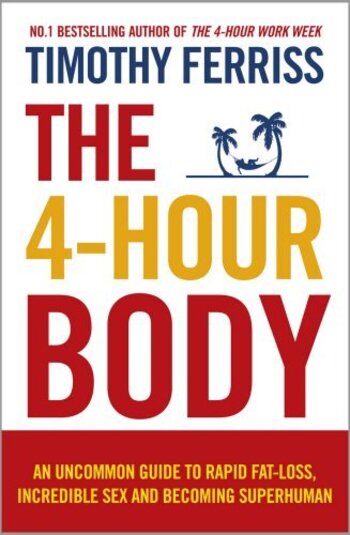
Braiding Sweetgrass intertwines indigenous wisdom with scientific insights, exploring how humans can live harmoniously with the earth. The book is a collection of essays reflecting on nature, sustainability, and cultural knowledge.
Main Lessons
- Indigenous wisdom offers valuable perspectives on living in harmony with nature.
- Understanding the interconnectedness of all living things can transform our environmental impact.
- Nature is not just a resource, but a teacher with lessons on balance, respect, and sustainability.
- Combining scientific knowledge with indigenous teachings can lead to transformative environmental practices.
- Our current economic model often prioritizes profit over environmental health, highlighting a need for change.
- Memoir elements show personal journeys in integrating nature into everyday life.
- Learning from past mistakes can lead to growth as educators, particularly in environmental education.
- Essays on specific ecological practices, like restoring ponds, provide practical advice.
- Cultural stories and mythology enrich our understanding of plants and animals.
- Reflecting on personal connections with nature can inspire broader environmental consciousness.
- Raising children with nature-focused values contributes to a sustainable future.
- Industrial pollution’s impact illustrates the urgent need for ecological responsibility.
- The lyrical writing style enriches the themes of connectivity and environmental reverence.
- Explorations of specific ecosystems, such as old-growth forests, emphasize biodiversity’s importance.
- Opening dialogues about sustainable practices encourages community involvement and change.








